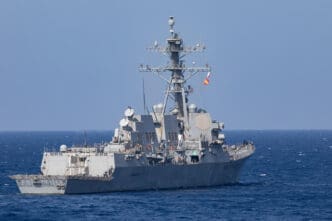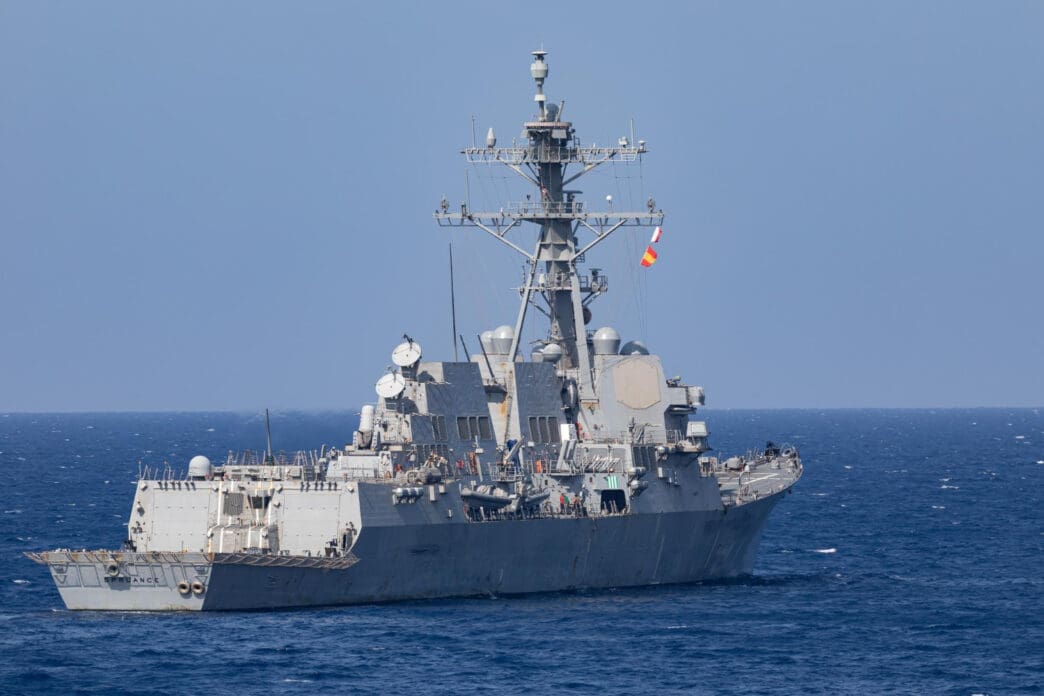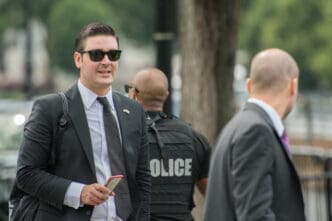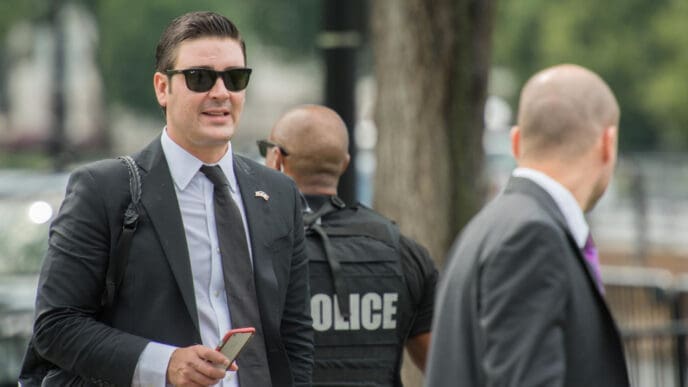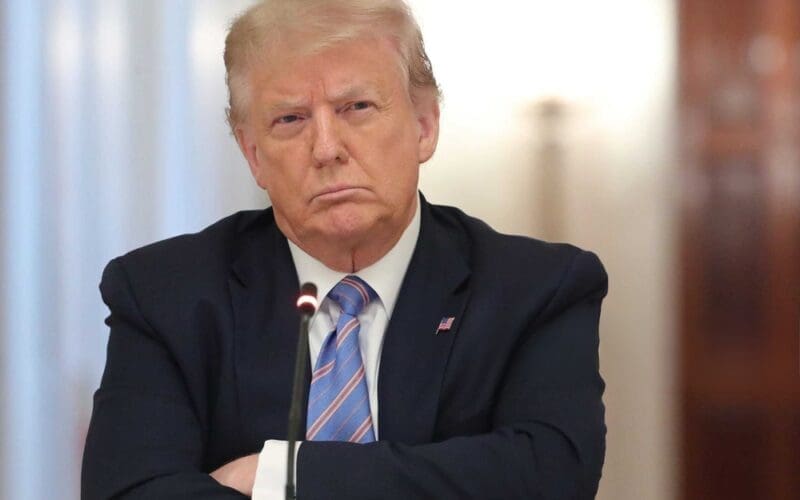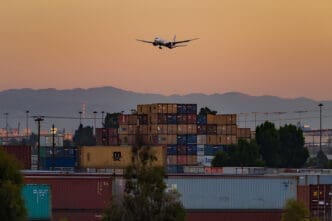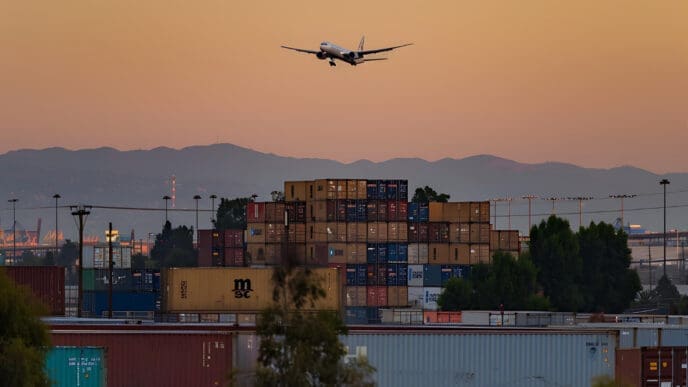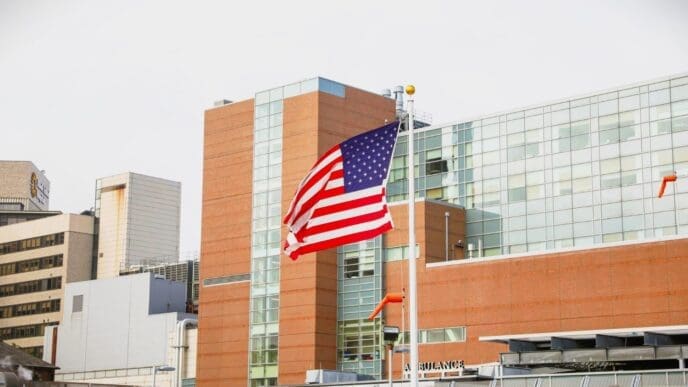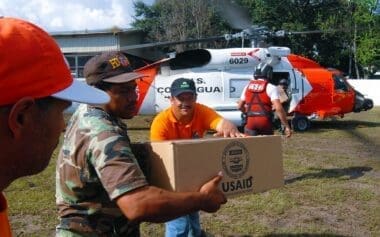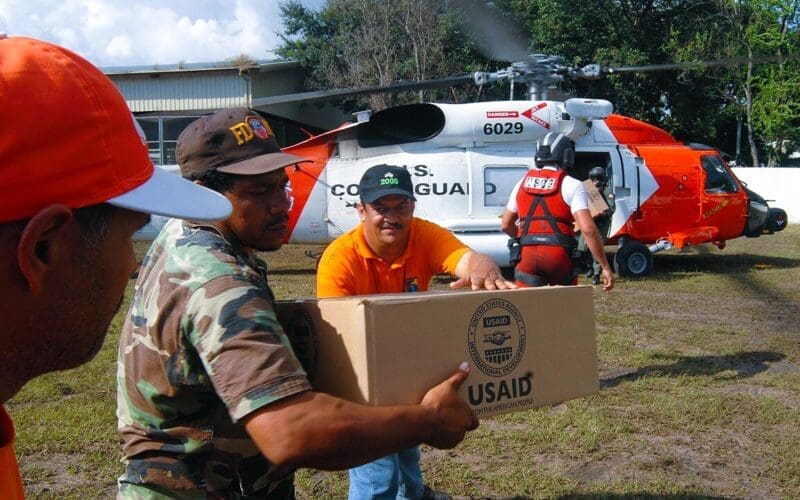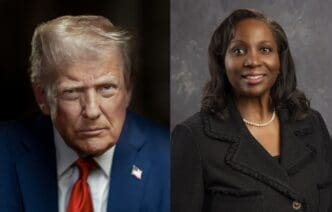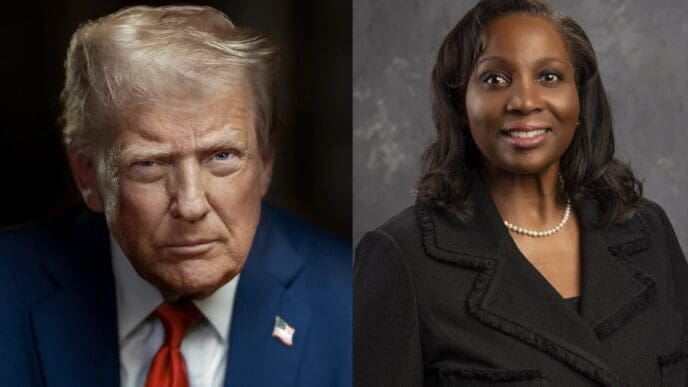Executive Summary
The Story So Far
Why This Matters
Who Thinks What?
Venezuelan President Nicolas Maduro has issued a strong warning that the United States will not “enslave” his nation, amid reports of an increased U.S. military presence in the Caribbean and Pacific seas. The deployment, which the Trump administration describes as an intensified effort to deter drug cartels, has been characterized by Maduro as a hostile siege and a violation of the United Nations Charter.
U.S. Military Deployment
The U.S. military has escalated its presence with the deployment of multiple warships, including a nuclear-powered submarine, and approximately 4,500 troops. This operation is part of President Donald Trump’s broader “enhanced counter narcotics operation” in Latin America, marking one of the most serious confrontations between the U.S. and Venezuela in years.
According to a defense official who spoke to the Washington Post, eight U.S. warships are involved, comprising three destroyers, two landing dock ships, an amphibious assault ship, a cruiser, and a littoral combat ship. These vessels are either already in the region or en route.
The destroyers are equipped with detachments from the U.S. Coast Guard and law enforcement officials, authorized to carry out detentions and arrests during drug interdiction missions. While Navy officials have not disclosed precise operational areas, they confirmed the ships are patrolling the Caribbean and are not positioned “right off the coast of Venezuela.”
Venezuelan Response
Speaking at a military ceremony in Caracas, President Maduro portrayed the U.S. naval presence as an aggressive act aimed at his country. He asserted that U.S. aggression in the region only serves to strengthen the resolve of the Venezuelan people and the power of his government.
Maduro also thanked Colombian President Gustavo Petro for deploying 25,000 troops to secure their shared border, framing it as a joint effort to protect Venezuela and the wider region. He reiterated that civil defense units would continue weekly training, vowing that no foreign power could touch Venezuela’s “sacred lands,” while also referencing the recently doubled U.S. bounty of $50 million for his capture.
Expert Analysis
Jennifer McCoy, a political science professor at Georgia State University, stated that the U.S. has been attempting to pressure President Maduro to leave office since at least 2015. She described the current military operation as a “new means of pressure that has not been tried before.”
McCoy noted that while the operation might be effective in interdicting drug flows, it appears to be more of a “show of force than an actual threat of invasion of Venezuela,” which would necessitate a much larger military presence. She also characterized Maduro’s response, including calling up a large militia, as a “rhetorical show of force” aimed at reassuring his population.
One potential impact, McCoy suggested, could be the disruption of drug flows from Venezuela, which might remove a lucrative source of income for Maduro’s allies and potentially weaken his support. However, she cautioned about the risk of escalation if Venezuela were to respond militarily in the water, leading to a physical clash.
The heightened military presence and strong rhetoric underscore the ongoing tensions between the United States and Venezuela, with the U.S. focusing on counter-narcotics and Venezuela asserting its sovereignty against perceived external threats.
